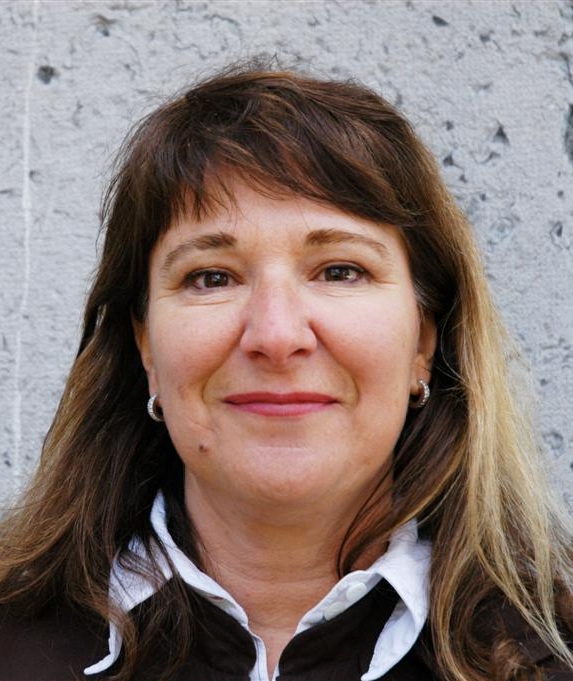About Professor Paola Merlo
Paola Merlo is associate professor in computational linguistics at the Linguistics Department, University of Geneva. She is the head of the interdisciplinary research group Computational Learning and Computational Linguistics (CLCL). The group is concerned with interdisciplinary research combining linguistic modelling with machine learning techniques. The scope of research includes fundamental issues in the statistical nature of language, empirical evaluations of linguistic proposal about the lexical semantics of verbs and about language universals and statistical models of syntactic and semantic parsing. She is the current editor of the journal of the Association for Computational Linguistics, Computationall Linguistics, edited by MIT Press. Paola Merlo studied theoretical linguistics at the University of Venice and holds a doctorate in Computational Linguistics from the University of Maryland, USA. She has been associate research fellow at the Institute for Cognitive Science at the University of Pennsylvania from 1996 to 1998, and has been visiting scholar at the University of Edinburgh, School of Informatics and at Stanford University.
Universals of Language
The quest for language universals - rules and principles that are the same for all languages in the world despite their great apparent diversity - has always captured the interest of linguists and of the general public: Do only humans speak? Why are there so many different human languages?
In the twenty-first century, we can study these questions based on very large amounts of digital data and computational models. Based on very large-scale corpora annotated with grammatical information, called treebanks, current work from my group has identified some strong quantitative tendencies across many languages, in modern languages and across time. For example, we have found that Romance languages tend to put adjectives as close as possible to nouns (so they prefer to say la bella casa al mare, adjective before the noun rather than la casa al mare bella) or that they have developed from Latin in a way that these distances have become shorter with time.
On a larger scale, we develop computational models to answer questions such as: are these processes of dependency minimization functionally determined, to make communication efficient and to minimize memory effort, or do they derive from innate grammatical principles universal to all languages?
Course of spring semester 2018: Traitement de langue - approches linguistiques et approches empiriques
Current and Past Research Topics
- Computational Methods for Language Universals
- Function and Semantic Role Parsing
- Corpus-based Techniques for the Acquisition of Verb's Argument Structure applied to Several Languages
- Corpus-based Accounts of PP Attachment Ambiguity Resolution
- Architecture and Frequency in Human Acquisition and Sentence Processing
